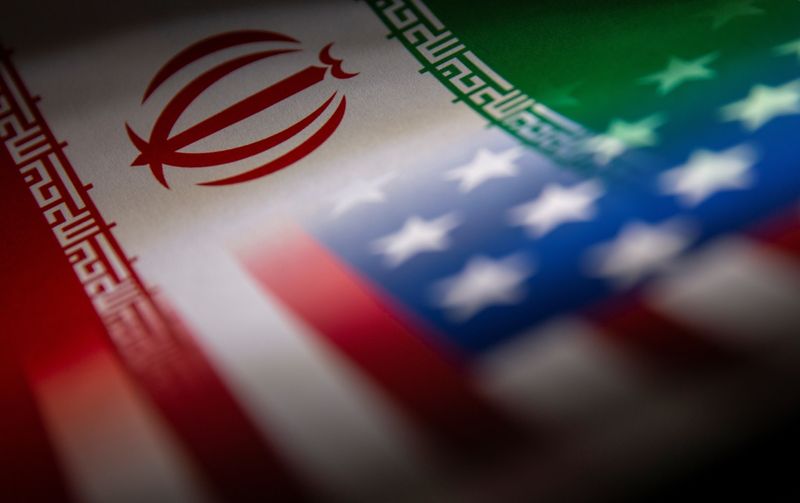By Patricia Zengerle
WASHINGTON (Reuters) -Forty-nine of the 50 Republican U.S. senators said on Monday they will not back an emerging new nuclear deal between Iran and world powers, underscoring their party's opposition to attempts to revive a 2015 accord amid fears talks might collapse.
Citing press reports about a new deal, which has yet to be finalized and could be torpedoed by Russian opposition, the lawmakers said in a statement that Democratic President Joe Biden's administration might reach a deal to weaken sanctions and lessen restrictions on Iran's nuclear program.
They pledged to do everything in their power to reverse an agreement that does not "completely block" Iran's ability to develop a nuclear weapon, constrain its ballistic missile program and "confront Iran's support for terrorism."
Tehran denies it has ever sought atomic bombs.
Senator Rand Paul was the only Republican member of the Senate who did not sign Monday's statement. In an emailed statement, he said: “Condemning a deal that is not yet formulated is akin to condemning diplomacy itself, not a very thoughtful position."
No congressional Republicans supported the 2015 nuclear agreement between Tehran and major powers, reached under Democratic President Barack Obama, which curbed Iran's uranium enrichment program in exchange for a lifting of international sanctions against Tehran. A handful of Democrats also objected.
The 2015 Iran Nuclear Agreement Review Act (INARA) gives Congress the right to review an agreement, but lawmakers are unlikely to be able to kill a deal outright after failing to do so in 2015 when Republicans controlled Congress.
Democrats now hold slim majorities in both the House of Representatives and Senate and are unlikely to turn against Biden in sufficient numbers to stop a major initiative like an Iran deal.
The 2015 accord made it harder for Tehran to develop material for nuclear weapons. It fell apart after Republican President Donald Trump withdrew the United States in 2018.
Talks resumed after Biden became president last year.

Attempts to clinch a new deal were left in limbo after a last-minute demand by Russia - at odds with the West over its invasion of Ukraine - forced the powers to pause talks in Vienna despite having a largely completed text.
A spokesperson for Iran's foreign ministry said on Monday that Washington needed to make a decision to wrap up a deal.